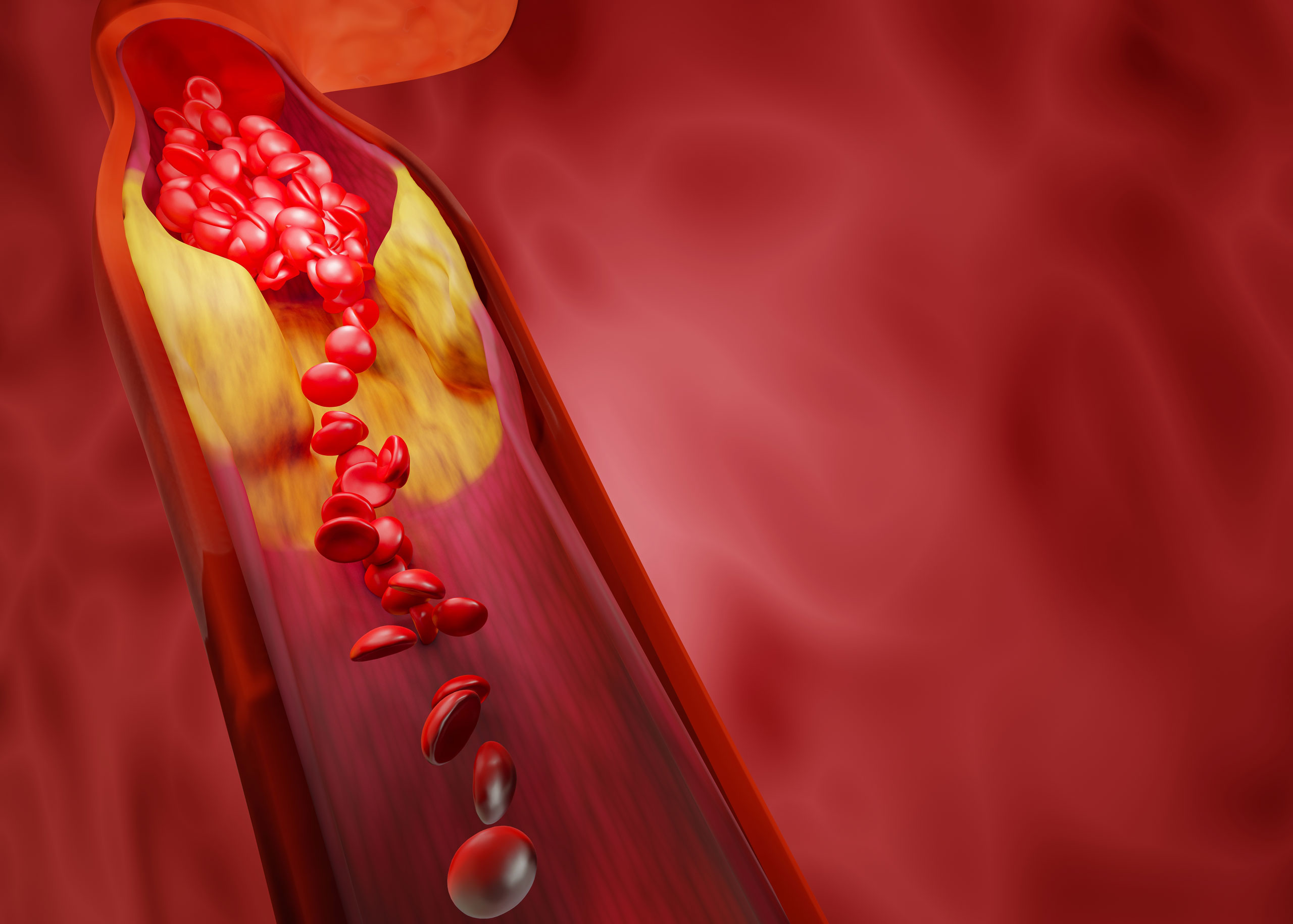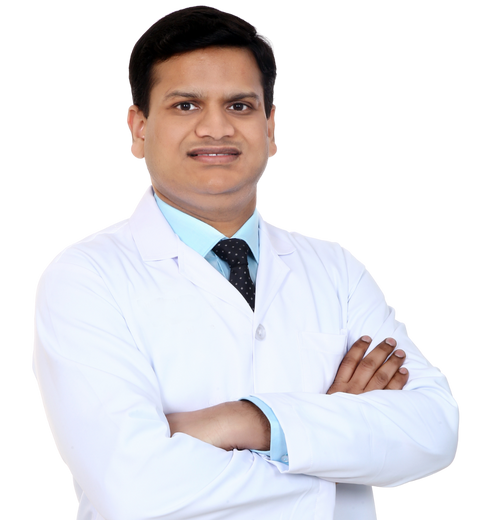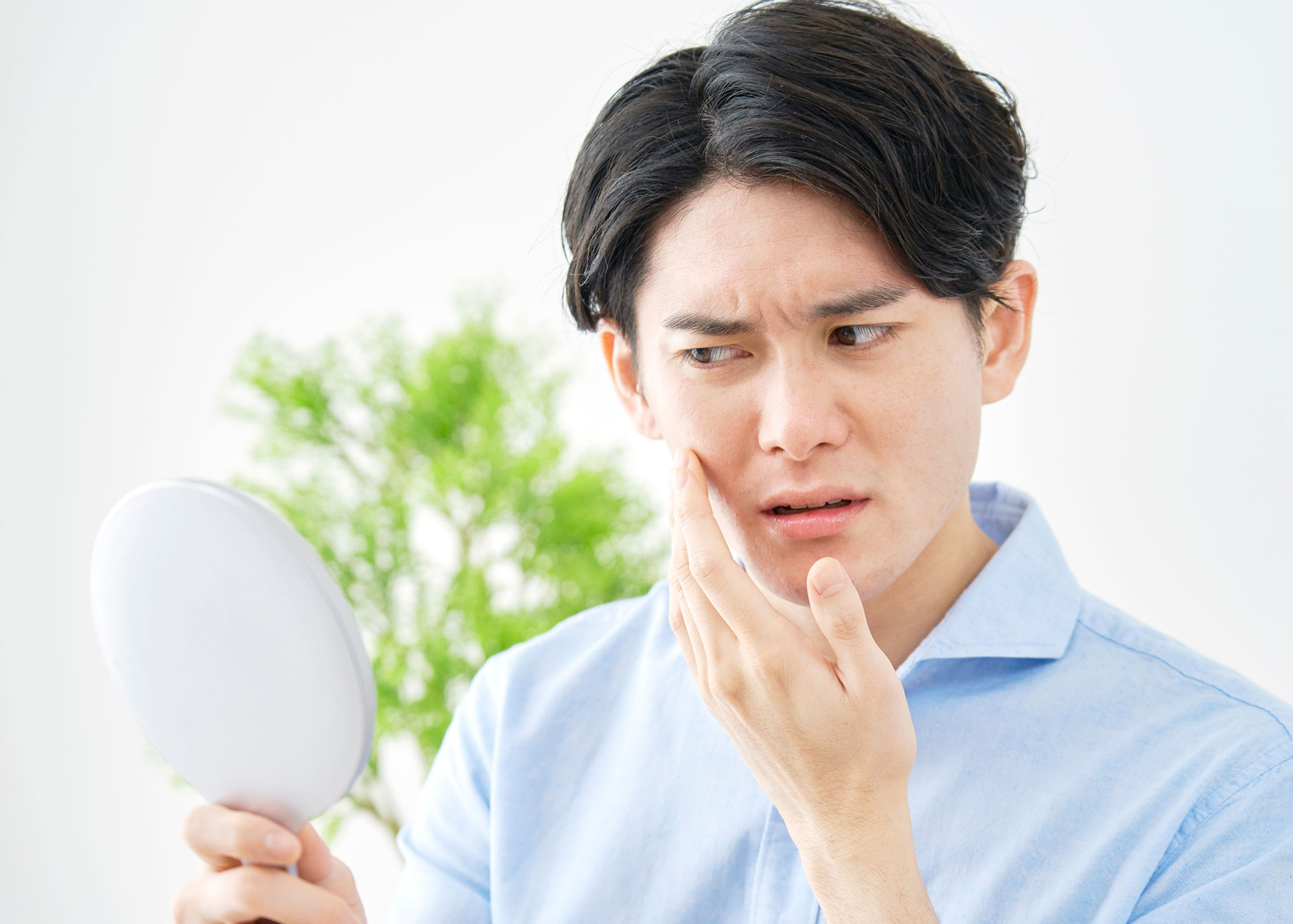Understanding Hyperlipidemia
Hyperlipidemia, also known as high cholesterol, is a prevalent condition affecting millions worldwide. It involves excessive fat in the blood, elevating the risk of severe health issues like heart attacks and strokes. In this article, we will delve into the intricacies of hyperlipidemia, exploring its causes, symptoms, and effective treatment options.
What is Hyperlipidemia?
Hyperlipidemia denotes an imbalance of cholesterol and triglycerides in the bloodstream. Cholesterol and triglycerides, vital for bodily functions, can turn harmful when present in excess. LDL (Low-Density Lipoprotein) and HDL (High-Density Lipoprotein) are essential types of lipoproteins responsible for carrying these fats in the blood. While HDL safeguards arteries, LDL can lead to plaque formation, causing atherosclerosis, a primary cause of heart diseases.
Causes of Hyperlipidemia:
Genetic predisposition, unhealthy lifestyle choices, obesity, smoking, excessive alcohol consumption, and certain medical conditions like diabetes and liver diseases contribute to hyperlipidemia. Genetic factors can lead to disorders such as familial hypercholesterolemia, elevating heart disease risks. Lifestyle changes, however, can significantly impact cholesterol levels.
Diagnosis:
A lipid profile blood test assesses cholesterol, LDL, HDL, and triglyceride levels. Normal ranges vary based on age and gender. American Heart Association recommends:
- Total cholesterol: less than 200 mg/dL
- LDL: less than 100 mg/dL
- HDL: 40 mg/dL or higher for men; 50 mg/dL or higher for women
- Triglycerides: less than 150 mg/dL
Treatment Options:
- Lifestyle Changes:
- Balanced diet: low in saturated fats, high in fiber, fruits, vegetables, and lean proteins.
- Regular exercise: 150 minutes/week of moderate aerobic activity, strength training, and flexibility exercises.
- Weight management: 5-10% body weight loss significantly impacts cholesterol.
- Avoid smoking and excessive alcohol intake.
- Medications:
- Statins: (e.g., atorvastatin, rosuvastatin) Lower LDL and slightly raise HDL, reducing plaque buildup.
- Bile Acid Sequestrants: (e.g., cholestyramine) Bind bile acids, forcing the liver to use more cholesterol.
- Cholesterol Absorption Inhibitors: (e.g., ezetimibe) Block cholesterol absorption in intestines.
- Fibrates: (e.g., fenofibrate) Lower triglycerides and raise HDL.
- Niacin: Vitamin B3 that reduces LDL and triglycerides, significantly raises HDL.
- PCSK9 Inhibitors: (e.g., alirocumab, evolocumab) Block protein hindering LDL clearance, used for high LDL levels or familial hypercholesterolemia.
Prevention and Conclusion:
Regular cholesterol checks, especially for those over 40, diabetics, hypertensive individuals, smokers, and those with a family history of high cholesterol, are crucial. Remember, prevention is better than cure. Maintain a healthy lifestyle and prioritize your cardiovascular health!


















